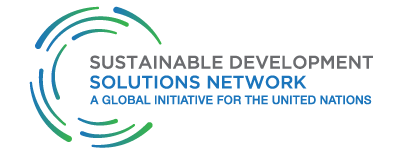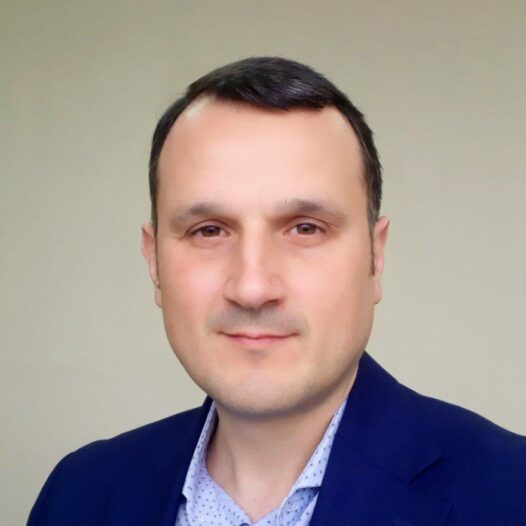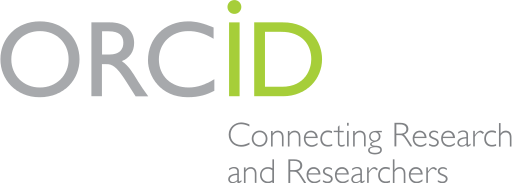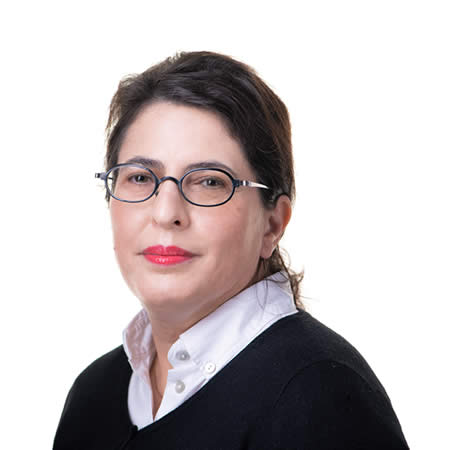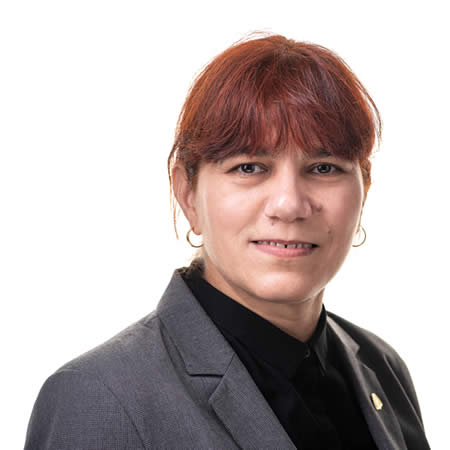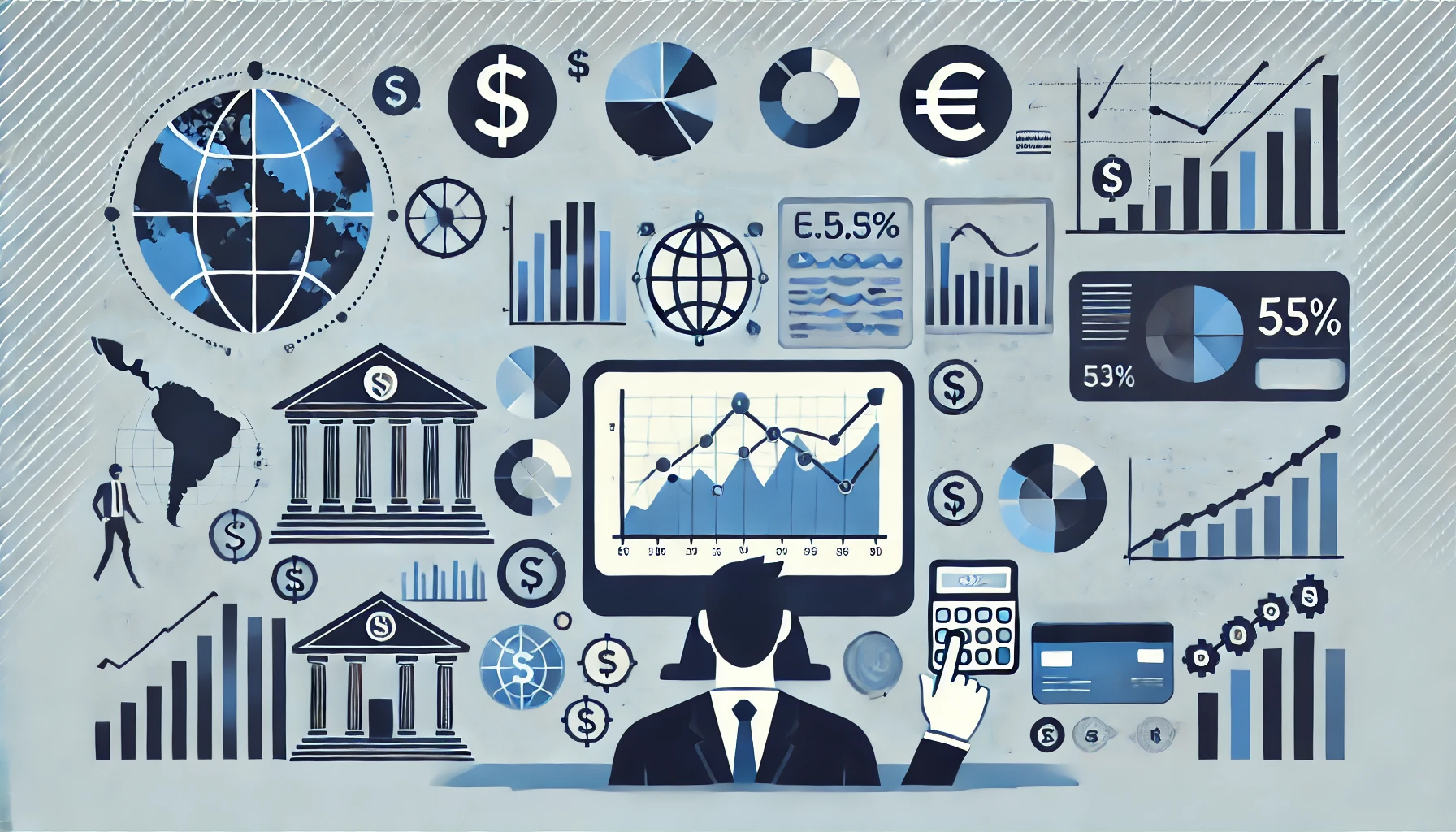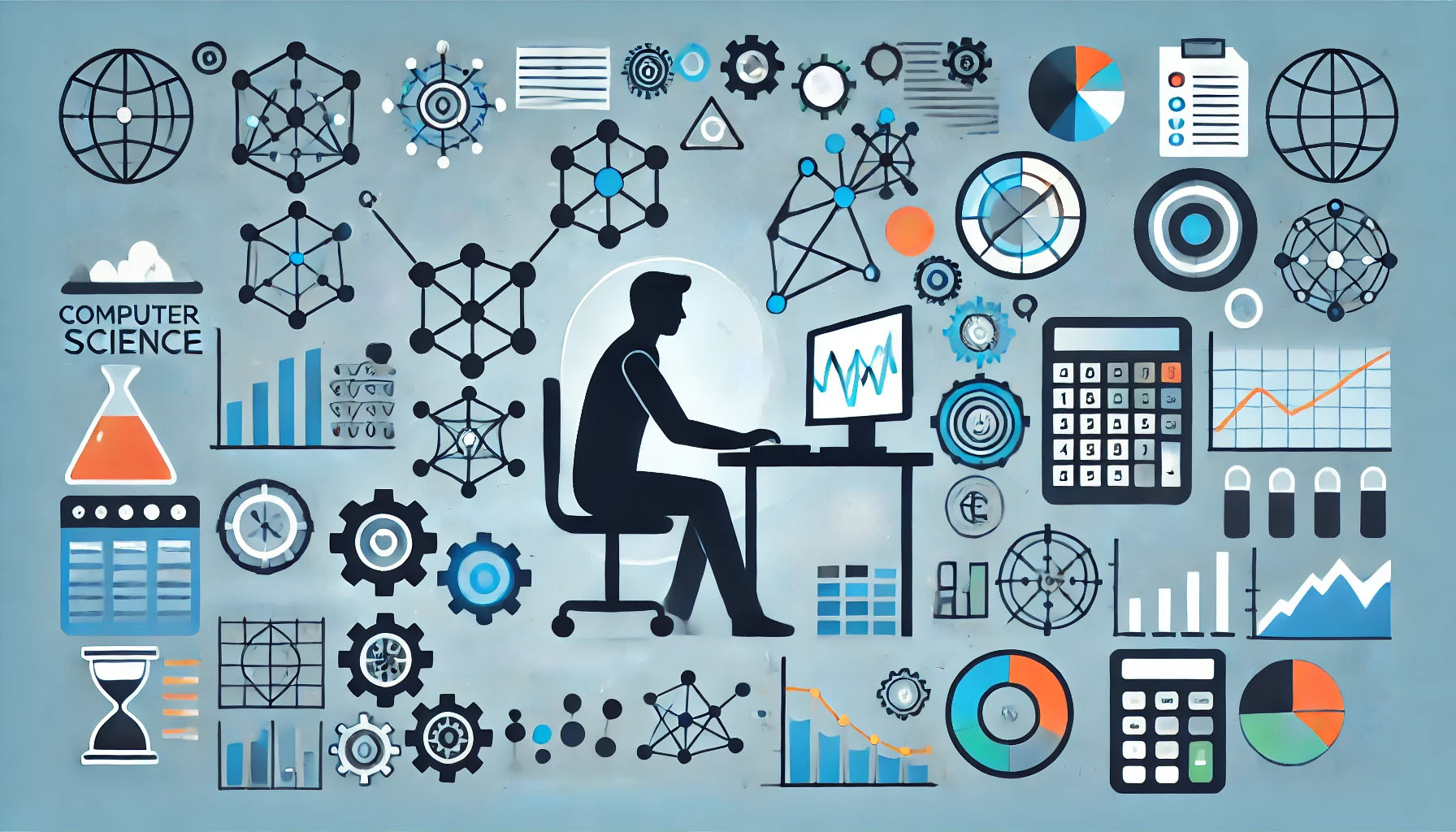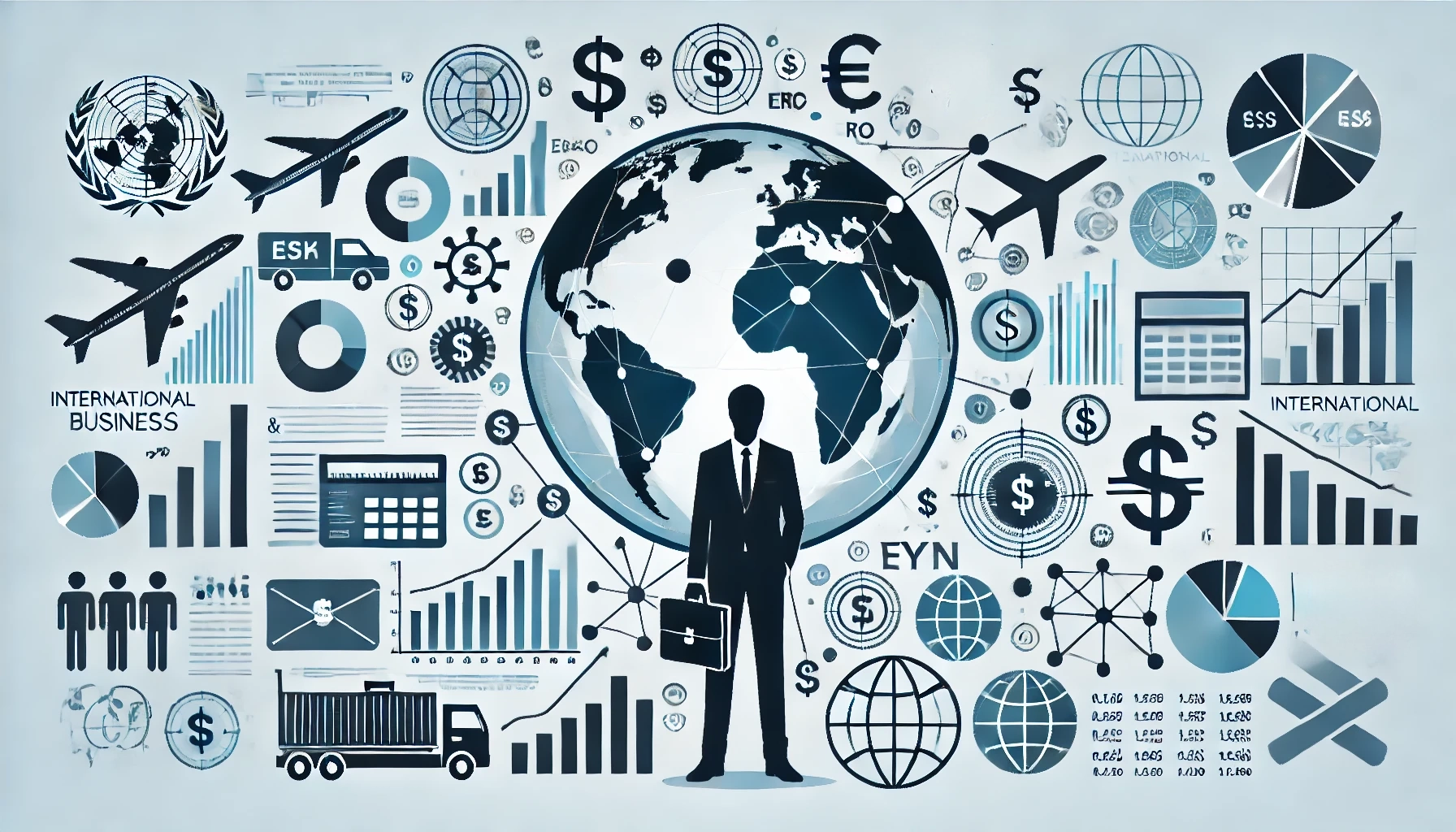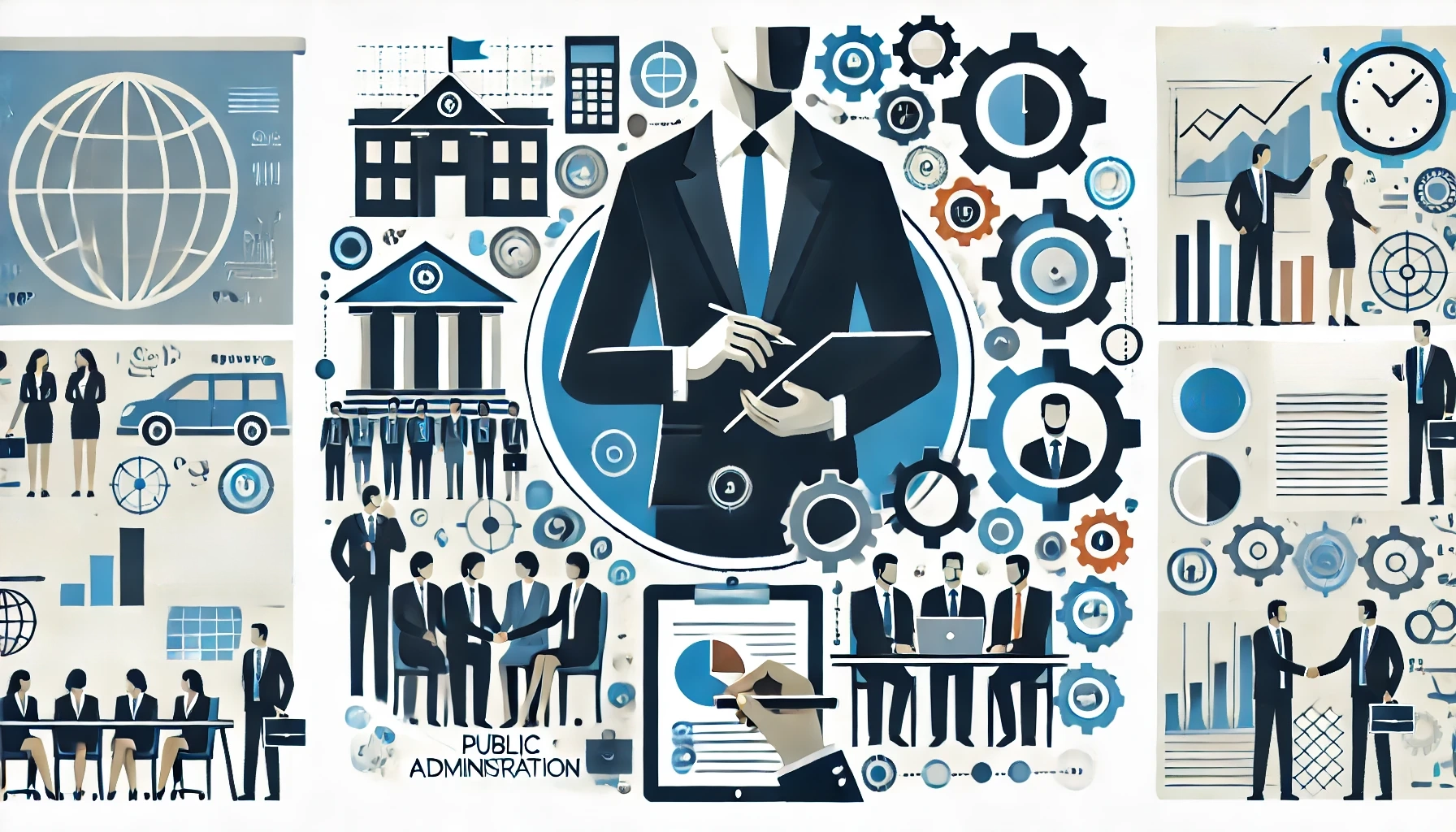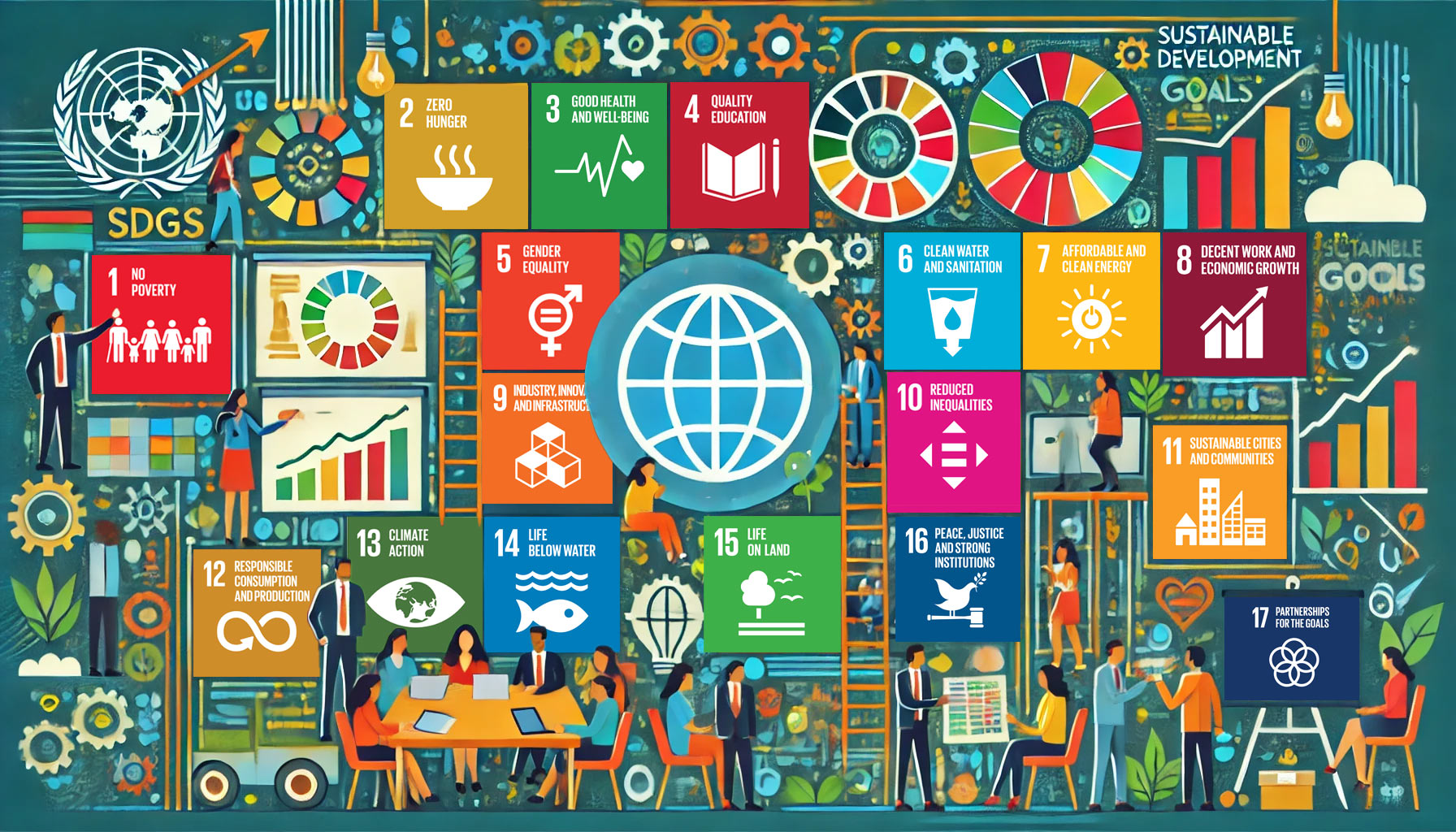
The adoption of the 2030 Agenda for Sustainable Development is one of the most ambitious plans established globally, representing the moment that marked the entire human society by developing objectives and targets for all nations and peoples, for all sectors and fields of interest. The complexity of the approach, the highest ambition and the transformative long-term vision represent a unique approach, aiming to redesign the existence and development of human society in harmony with the natural environment, to ensure continuity, responsibility and long-term socio-economic development. The adoption of the Sustainable Development Goals (SDGs) represented the recognition that action is needed at the level of all components of society if we want to change the development model.
The main aim of the workshop is to identify, discuss and share experiences, ideas and opinions about SDGs implementation challenges and opportunities, also.
The main topics covered by the hereby call for papers are related (but not limited) to:
Abstracts should be no more than 300 words, clearly stating the research question, methodology, results, and implications for sustainable education. Full papers should be between 5,000 and 7,000 words, including references, tables, and figures. Submissions must be original and not previously published or under consideration for publication elsewhere. All submissions will be peer-reviewed for relevance, originality, and contribution to the field.
This workshop is open to educators, researchers, policymakers, and practitioners interested and involved in sustainability and SDGs implementation.
Join us at “Integrating Sustainable Development Goals into Real World: Challenges and Opportunities” to contribute to the dialogue on challenges, dificulties and opportunities for a sustainable future. We look forward to your insightful contributions and to fostering collaborations that drive forward the Agenda 2030 for all.

